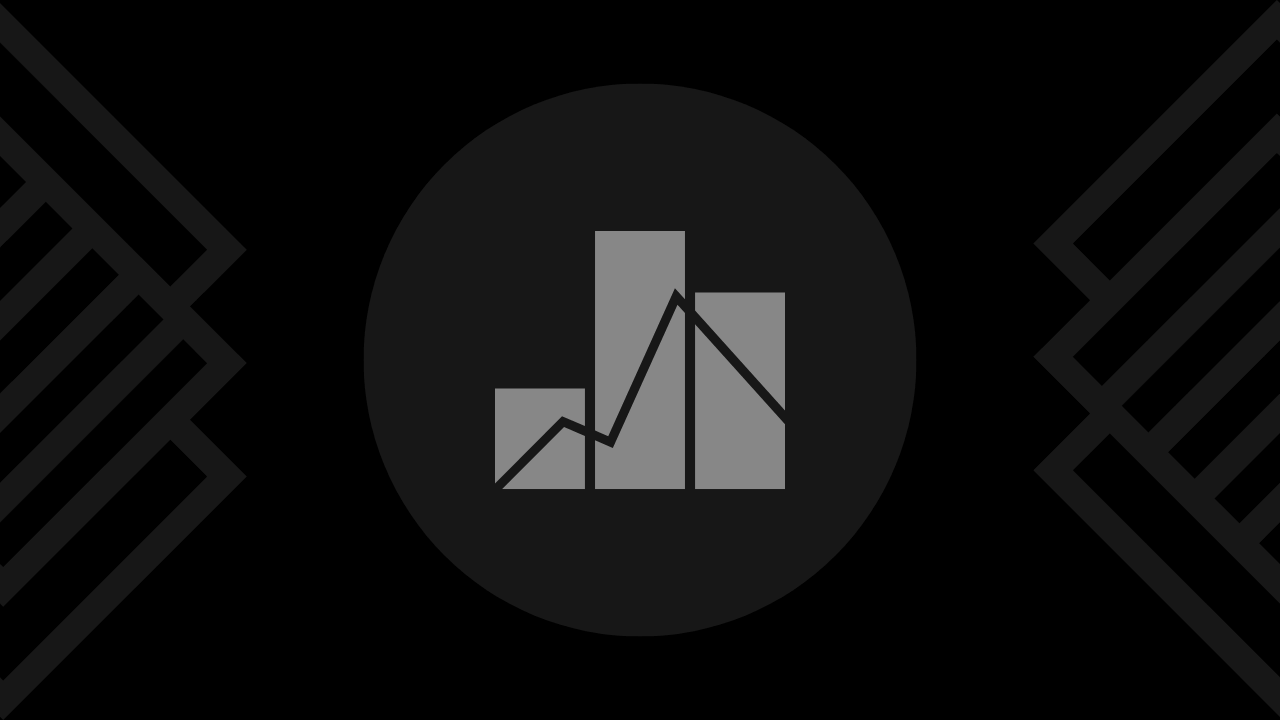The Best Automation Software to Optimize Your Workflows
This article will cover some of the best automation software solutions, explaining what they're good at and who they're best for.
This article will cover some of the best analytics software solutions, explaining what they're good at and who they're best for.
Written by Fullstacko Team

In the dynamic landscape of data analytics, choosing the right software is akin to unlocking the potential within your data troves. From deciphering consumer behavior to optimizing business strategies, the right analytics tool can be the catalyst for transformative insights. However, amidst the plethora of options available, pinpointing the perfect fit can be daunting.
This article aims to streamline your decision-making process by highlighting the best analytics software solutions. Each recommendation is meticulously curated, focusing on the unique features, scalability, and usability tailored to diverse business needs and analytical aspirations. Whether you’re a data scientist, marketer, or business leader, these software choices promise to empower your journey from raw data to actionable intelligence.
Quick disclaimer: The recommendations you find in this article are mostly objective but merely represent suggestions for you to choose from. They are not necessarily listed in any particular order.
Tableau is a leading analytics software known for its data visualization capabilities.
Why choose:
Why avoid:
Microsoft Power BI offers robust analytics and data visualization tools that are integrated with the Microsoft ecosystem.
Why choose:
Why avoid:
Google Analytics is a go-to tool for tracking website performance and user behavior.
Why choose:
Why avoid:
Looker, part of Google Cloud, is known for its powerful data modeling capabilities and flexible integrations.
Why choose:
Why avoid:
Qlik Sense is an analytics tool that offers associative data indexing for exploring and visualizing data.
Why choose:
Why avoid:
SAS Business Intelligence provides advanced analytics and predictive modeling.
Why choose:
Why avoid:
Domo is a cloud-based platform that combines data integration, BI, and analytics in one tool.
Why choose:
Why avoid:
Zoho Analytics offers a robust BI tool within the Zoho suite of products.
Why choose:
Why avoid:
IBM Cognos Analytics is a comprehensive BI suite that provides advanced data exploration and reporting.
Why choose:
Why avoid:
Microsoft Excel remains a ubiquitous tool for data analysis, offering a familiar interface and extensive capabilities.
Why choose:
Why avoid:
Selecting the right analytics software can significantly enhance your data-driven decision-making. Here are five tips to help you choose the best analytics software:
Define Your Analytics Goals: Clearly outline your objectives and the key metrics you want to track. Determine whether you need software for web analytics, business intelligence, customer insights, or marketing analytics. Understanding your goals will help you identify the most suitable tools.
Evaluate Features and Capabilities: Compare the features of various analytics software options. Look for functionalities such as data visualization, real-time reporting, predictive analytics, data integration, and customizable dashboards. Ensure the software can handle the volume and variety of data you need to analyze.
Consider Ease of Use and Accessibility: Choose software that is user-friendly and accessible to your team. An intuitive interface, drag-and-drop features, and easy navigation can reduce the learning curve. Additionally, consider the availability of training resources, user guides, and customer support.
Assess Integration and Compatibility: Ensure the analytics software can seamlessly integrate with your existing systems and tools, such as CRM, ERP, marketing platforms, and data warehouses. Compatibility with your current tech stack will streamline data flow and enhance the overall efficiency of your analytics processes.
Review Security and Compliance: Data security and compliance are critical when handling sensitive information. Verify that the analytics software adheres to industry standards and regulations such as GDPR, CCPA, and HIPAA. Look for robust security features like encryption, user access controls, and regular security updates.
By following these tips, you can select analytics software that aligns with your goals, offers the necessary features, is easy to use, integrates well with your existing systems, and ensures data security and compliance.
Selecting the right analytics software is vital for transforming your data into actionable insights. Whether you require robust visualization tools, advanced data mining capabilities, or seamless integration with other platforms, there’s an analytics solution tailored to your needs.
By exploring the options listed above and experimenting with some of the best analytics software, you can find the perfect fit to unlock the full potential of your data and make informed decisions that drive business success.
Other articles from our collection that you might want to read next.
This article will cover some of the best automation software solutions, explaining what they're good at and who they're best for.
Discover the best accounting software that you should use to streamline your accounting processes and stay compliant with tax rules.
This article will cover some of the best appointment scheduling apps, explaining what they're good at and who they're best for.
Get curated weekly analysis of vital developments, ground-breaking innovations, and game-changing resources in your industry before everyone else. All in one place, all prepared by experts.